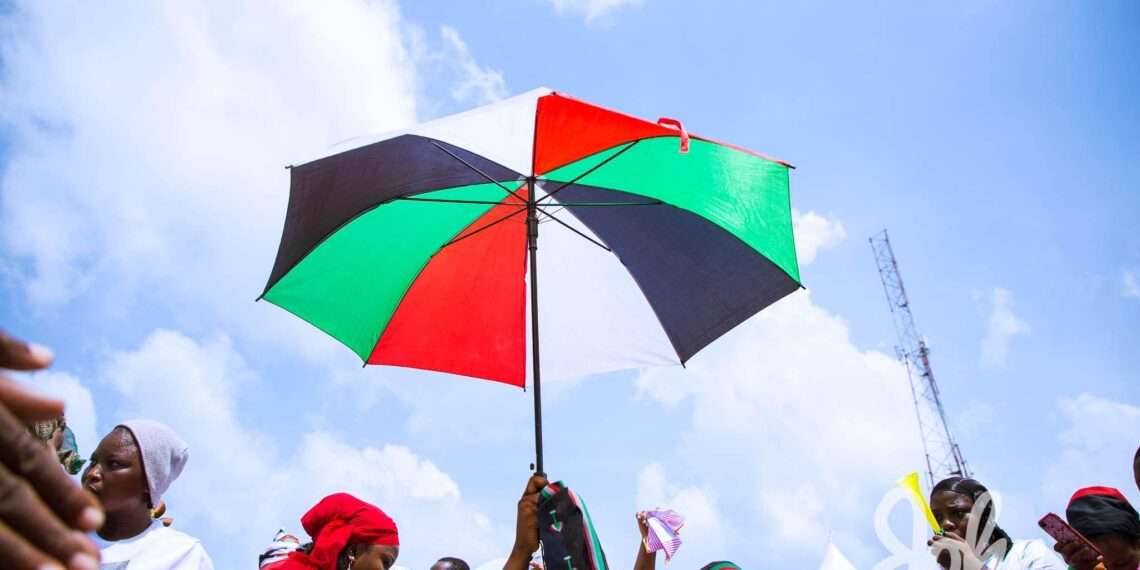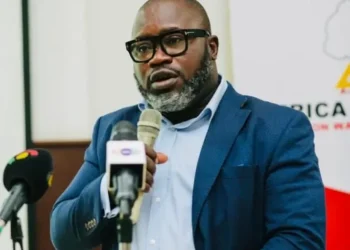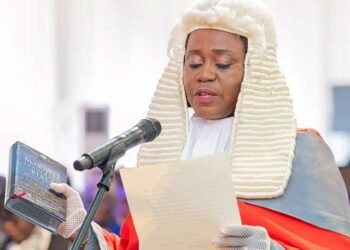The debate over the influence of NDC propaganda in shaping public opinion has intensified as the opposition New Patriotic Party (NPP) accuses Global InfoAnalytics of using its platforms to divert attention from critical national issues.
Awal Mohammed, a member of the NPP communication team, has alleged that Mussa Dankwah, the Executive Director of Global InfoAnalytics, is working strategically with the ruling National Democratic Congress (NDC) to manipulate narratives through social media and sympathetic media outlets.
“Uncle Mussa Dankwah may not have an official position in the Mahama administration, but it’s clear that he has a strategic engagement with them to use his social media handles to shape public opinion, with the help of their media surrogates, engineered by the NDC propaganda machinery.”
Awal Mohammed
Mohammed alleged that Dankwah’s polling updates are carefully timed to neutralize public outrage against the government whenever controversial issues emerge.

Accordingly, he cited a recent protest at Jubilee House as evidence of the growing public discontent with the government’s handling of illegal mining, popularly known as galamsey.
The protesters, he noted, were individuals who previously supported the NDC in opposition and even voted them into power. However, their frustration boiled over as they accused the current government of failing to tackle galamsey effectively.
During the protest, Mohammed claimed, the Deputy National Organiser of the NDC, Mustapha Gbande, showed up to intimidate the demonstrators rather than address their concerns.
Mohammed further revealed that while protests were taking place, members of the NPP, including Dennis Miracles Aboagye and his team, visited the home region of Vice President Prof. Naana Opoku-Agyemang to assess the severe environmental impact of galamsey activities.
He highlighted the alarming situation where illegal mining has contaminated water sources, leaving half of the region without potable water.
The crisis has become so severe that the Kwanyako water processing plant was forced to shut down, cutting off access to clean drinking water for thousands of residents.
Mohammed lamented the role of local officials in the crisis, accusing NDC executives, Metropolitan, Municipal, and District Chief Executives (MMDCEs), Members of Parliament, and even elements within the National Security of facilitating illegal mining for personal gain.
According to him, the destruction of Ghana’s water bodies poses an existential threat. “We can’t afford to import water to drink,” he warned, stressing that immediate action is needed to stop galamsey operations and hold those responsible accountable.
As public anger over galamsey grew and dominated discussions on both mainstream and social media, Mohammed claimed that Mussa Dankwah strategically released a polling update to divert attention.

“When galamsey and its effects were trending on both social media and mainstream media, Uncle Mussa wrote on his page, ‘Breaking News, that the majority of voters in all the regions say Ghana is headed in the right direction, including the Ashanti region.’”
Awal Mohammed
This announcement, Mohammed argued, was quickly amplified by certain media outlets and NDC-aligned social media influencers, effectively shifting the national conversation away from illegal mining and its devastating consequences. Thankfully, I haven’t seen any serious media houses discussing it further this morning,” he added.
Mohammed stressed that Ghanaians are no longer interested in purely political games after elections. Instead, they are focused on pressing issues like unemployment, food prices, and access to clean water—issues he referred to as “bread-and-butter matters.”
Pollster Responds to NDC Propaganda Allegations
In response to the accusations, Mussa Dankwah firmly rejected any claims of collusion with the NDC.
He defended Global InfoAnalytics’ work, emphasizing that the organization operates transparently and independently.
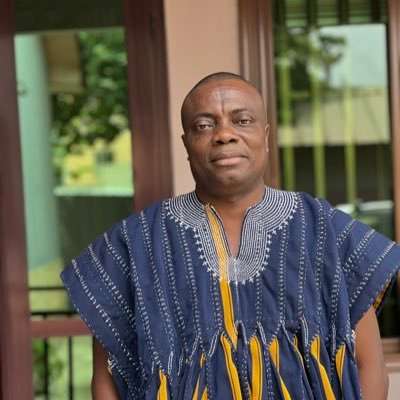
Dankwah explained that his team had already published their polling calendar for the entire year, making it clear when surveys and updates would be released.
This transparency, he said, was designed to prevent political actors from falsely accusing the group of trying to influence political discourse.
“Folks, it is for these very accusations that made us publish our polling calendars for the whole year.
“If you are planning a political strategy, bear that in mind and don’t come and accuse us of drowning your message.”
Mussa Dankwah
Dankwah maintained that Global InfoAnalytics operates independently and cannot be held accountable for how political parties handle their communication strategies.
He emphasized that the organization’s work is designed to be transparent, aiming to prevent and dispel allegations of bias or manipulation from any political group.
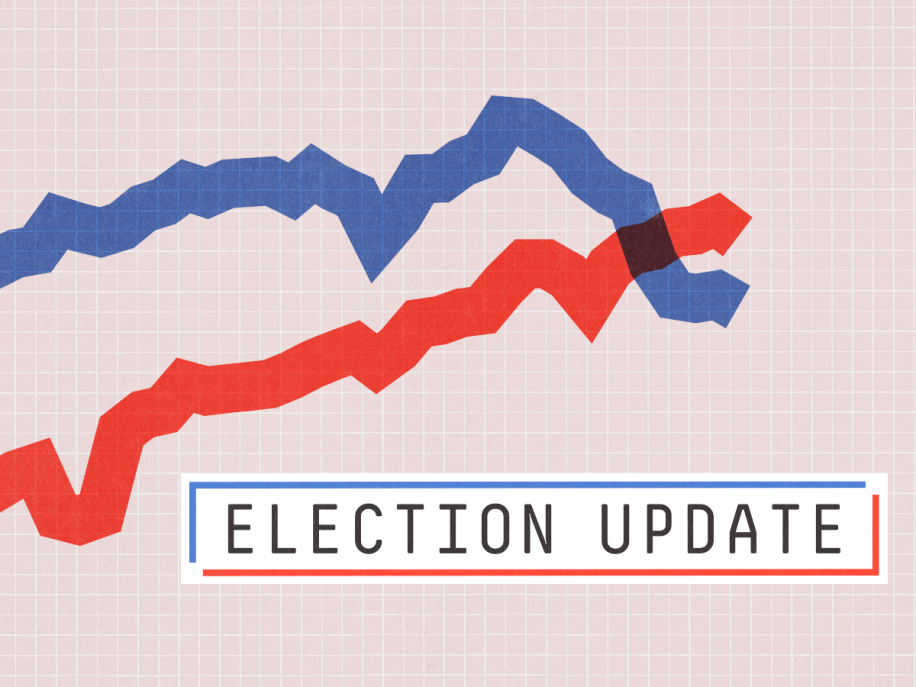
The exchange between the NPP communicator and the polling organization highlights the growing tension between the opposition and the ruling party over the battle for public opinion.
While the NPP focuses on drawing attention to the galamsey crisis and its devastating effects on communities, the NDC and its perceived allies are accused of allegedly shifting focus toward more favorable narratives.
As Ghana continues to grapple with illegal mining, polluted water bodies, and declining trust in political leadership, questions about media manipulation and propaganda are likely to dominate the political landscape ahead of the next general elections.
READ ALSO: African Music Set to Drive the Continent’s Renewal



